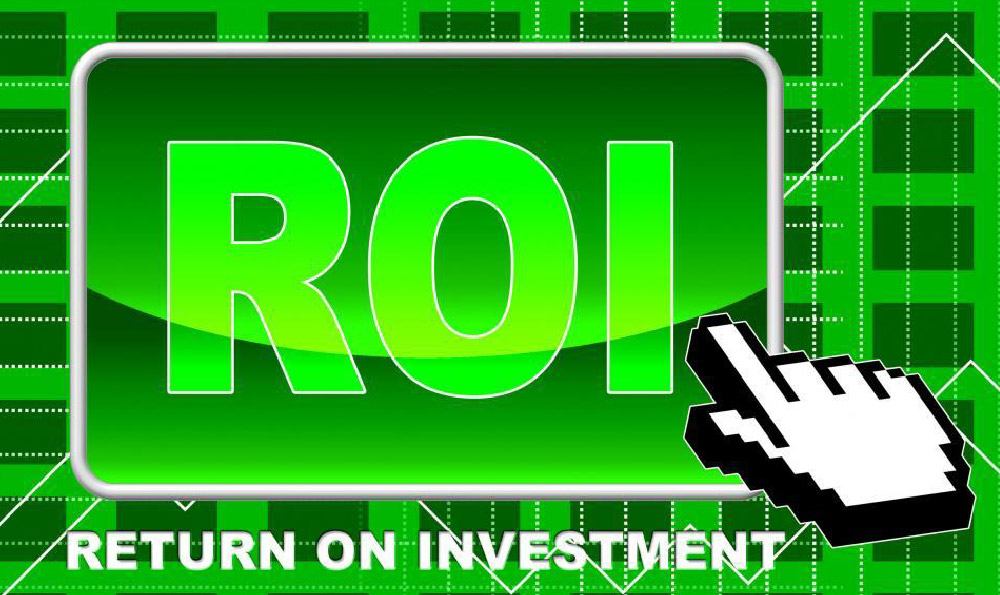
Let's delve into the topic of selling blood plasma – a subject that blends financial opportunity with ethical considerations. The allure of earning money while potentially contributing to life-saving therapies is understandable, but it's crucial to approach this decision with a comprehensive understanding of the economics, the process, and the potential drawbacks.
The amount you can earn selling blood plasma varies considerably, influenced by a multitude of factors. Location plays a significant role; plasma donation centers in areas with higher living costs or greater demand for plasma tend to offer higher compensation. The donation center itself also matters. Different companies have different pay scales and promotional programs. Some centers offer introductory bonuses for first-time donors, or referral bonuses for bringing in new donors. They may also have loyalty programs where your compensation increases the more frequently you donate. Another key variable is the frequency of your donations. Most centers allow donations up to twice a week, and consistent donors naturally earn more over time. Finally, individual characteristics, such as your weight and plasma volume, can sometimes affect the payout, as larger individuals often provide larger plasma volumes.
Generally speaking, you can expect to earn anywhere from $20 to $50 per donation initially. With consistent, twice-weekly donations, this could translate to roughly $160 to $400 per month. However, don't be swayed by the upper end of this range without carefully researching the specific center you're considering. Some centers may advertise high maximum payouts, but these are often conditional on meeting specific criteria or participating in certain promotions. It's essential to read the fine print and understand the exact payment structure.

Now, let's address the crucial question: is it worth it? This is a subjective assessment, dependent on your individual circumstances and priorities. On the financial side, selling plasma can provide a supplemental income stream, which can be particularly helpful for students, individuals facing temporary financial hardship, or those seeking to boost their savings. It can be a relatively quick way to earn money compared to other side hustles that require specialized skills or significant time investment.
However, the financial benefits must be weighed against the time commitment involved. A single plasma donation typically takes between 1 to 2 hours, including registration, a brief medical screening, the donation process itself, and a post-donation observation period. Donating twice a week can therefore consume a significant portion of your time, which you might otherwise spend on other income-generating activities or leisure.
Beyond the time investment, you need to consider the potential impact on your health. While plasma donation is generally considered safe, it's not without potential side effects. Common side effects include dehydration, fatigue, dizziness, bruising at the injection site, and, rarely, allergic reactions. Proper hydration and nutrition are crucial both before and after donation to minimize these effects. It's also essential to disclose your full medical history to the donation center to ensure that you're a suitable candidate for donation and to mitigate any potential risks. The donation center will screen you before each donation, but that doesn't replace your responsibility in being forthright about your health. Long-term effects are generally considered minimal, but consistent donors should monitor their overall health and consult with their physician if they experience any persistent or concerning symptoms.
Another factor to consider is the ethical aspect. While selling plasma is legal and regulated in many countries, some argue that it exploits vulnerable individuals who may be driven by financial necessity to donate. Others view it as a voluntary act of altruism that contributes to the production of life-saving medications. Your personal values and beliefs will play a role in how you perceive this aspect.
Before committing to selling plasma, do your due diligence. Research different donation centers in your area, compare their payment structures and promotional offers, and read reviews from other donors. Speak to current or former donors to gain insights into their experiences. Understand the donation process, the potential risks, and the necessary precautions.
Consider the long-term sustainability of this income stream. While selling plasma can provide a short-term financial boost, it's not a reliable long-term solution to financial instability. Focus on developing marketable skills, pursuing higher education, or seeking better employment opportunities to create a more secure financial future. Think of plasma donation as a temporary bridge, not a permanent destination.
Finally, and perhaps most importantly, prioritize your health and well-being. Don't allow financial desperation to compromise your physical or mental health. If you're struggling with underlying health issues, consult with your doctor before considering plasma donation. Listen to your body, and don't push yourself beyond your limits.
In conclusion, the decision of whether or not to sell blood plasma is a personal one that requires careful consideration of the financial benefits, the time commitment, the potential health risks, and the ethical implications. While it can provide a supplemental income stream, it's not a substitute for a sound financial plan and a commitment to long-term financial stability. Approach this decision with your eyes open, armed with knowledge, and with a firm commitment to protecting your health and well-being.





